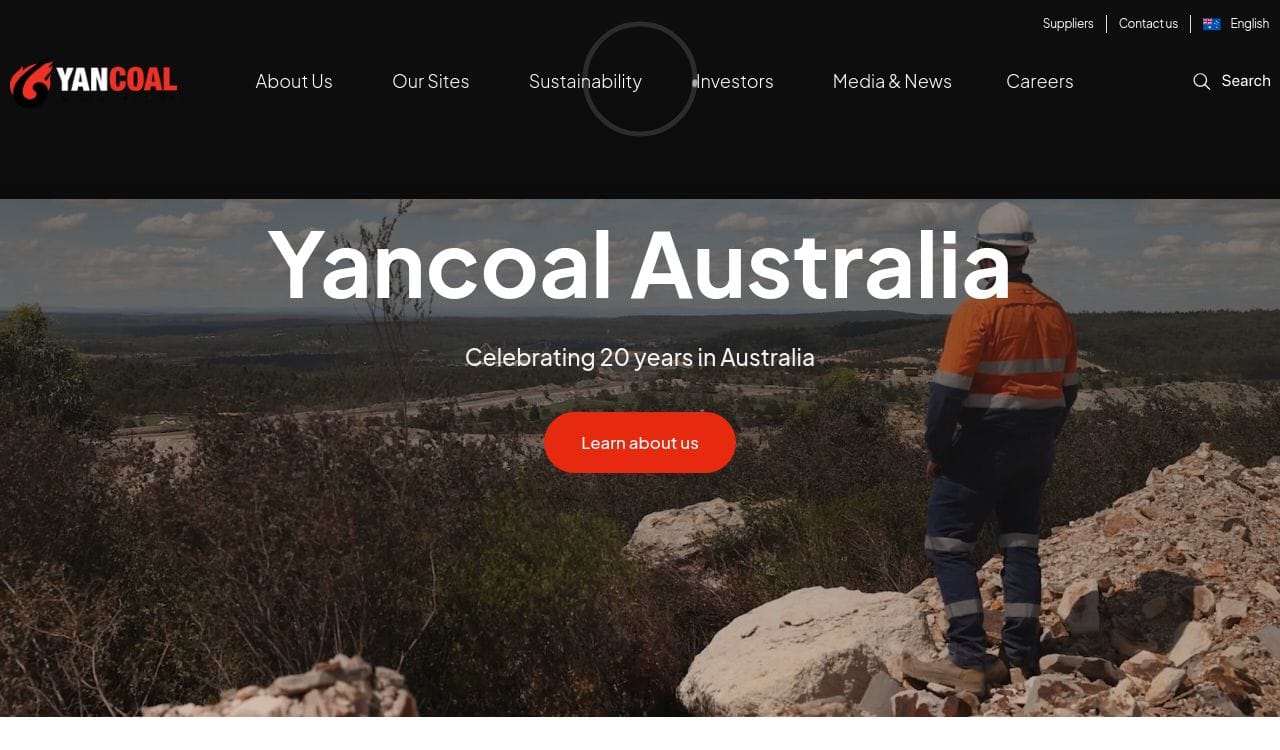1. Limited geographical diversification - Yancoal operates primarily in Australia and China, which limits its exposure to other potentially lucrative markets.
2. High debt levels - Yancoal has a relatively high debt-to-equity ratio compared to its peers, which could limit its ability to invest in growth opportunities or weather economic downturns.
3. Reliance on coal - Yancoal's business is heavily reliant on coal, which is a fossil fuel that is facing increasing scrutiny and regulation due to its environmental impact.
4. Limited diversification of product offerings - Yancoal primarily produces thermal coal, which limits its ability to capitalize on other types of coal or alternative energy sources.
5. Exposure to commodity price fluctuations - Yancoal's profitability is heavily influenced by the price of coal, which can be volatile and subject to external factors such as global economic conditions and government policies.
6. Limited technological innovation - Yancoal has been criticized for its lack of investment in new technologies and processes that could improve efficiency and reduce costs.
7. Environmental and social risks - Yancoal's operations have been associated with environmental and social risks, including air and water pollution, land degradation, and displacement of local communities. These risks could lead to reputational damage and regulatory scrutiny.

